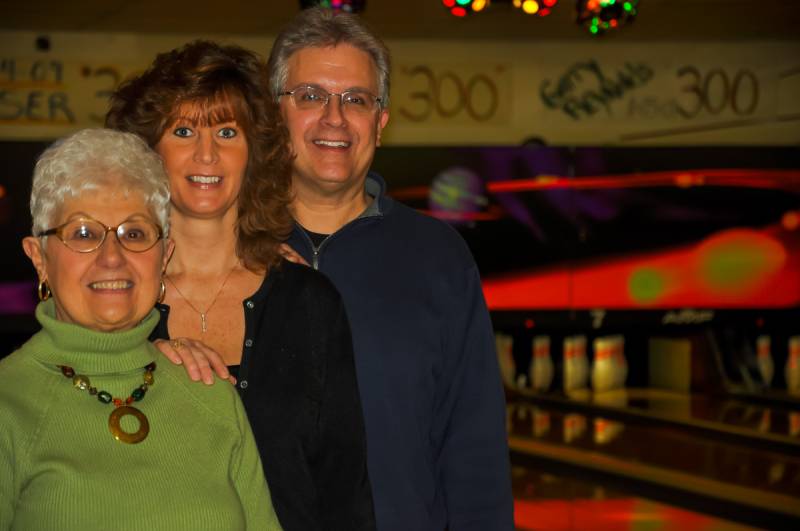Arctic Refrigeration Co. of Batavia heating things up
This is the second in a series of stories about the 2011 winners of the Genesee County Chamber of Commerce Awards.
Arctic Refrigeration Company of Batavia, Inc. is heating things up in Genesee County and is being honored by the chamber of commerce as the 2011 Business of the Year.
Brothers Henry and Leo Mager established the company in 1947. The two were factory mechanics at the time.
They started fixing household appliances, doing different kinds of handiwork on the side. Eventually, the plethora of small jobs gave birth to what is now Arctic Refrigeration.
More than six decades later, the company has evolved into what it is today, managing heating and cooling needs locally for both residential and commercial customers.
Sixty-five years of success is due in part to "longevity and reputation," Jonathan Mager said.
He and his brother, Justin, are the third generation in the family to work with the company, following in their father and grandfather's footsteps.
"We have been successful because we have always been small," Jonathan said. "Today, with less than 12 employees, the company has never grown beyond its means, which allows us to keep it personal and focused on customers."
In addition to heating and cooling, they also provide refrigerated and ventilated agricultural storages to enhance the freshness of harvested produce, reducing unwanted waste.
"We have a lot of onion, potato and cabbage farmers in this area," Jonathan said. "We design, engineer and install these storage systems that are the size of a high-school gymnasium."
The units allow farmers to keep produce longer, storing and selling it months later.
"We can increase storage life, shelf life and stored crop quality with experienced precision."
Three of the top 20 farms in the Northeast -- Torrey Farms, My-T-Acres and Turek Farms -- are some of the ones that house refrigerated systems built and managed by Arctic.
"These farms we service, received their awards in 2010. It is cool to see them recognized."
Arctic also has designed and installed one of the first geothermal heating and cooling systems in a home in this area.
As an alternative to using fossil fuels for heating and air conditioning, "geothermal in the simplest form is taking heat or cooling out of ground, running it through equipment to produce 400-percent-efficient systems," he said.
Because the depth of the Earth remains a constant temperature of 50 degrees, little electricity is used to pull energy out of the ground.
“In essence, it’s like free money,” Jonathan said. "With huge heating bills and costs rising, we are always looking for ways to be energy-efficient.”
Geothermal is not a new idea, having once been tried when there was a shift in the heating oil markets due to the Energy Crisis of 1970s. But it lost popularity just as quickly as it appeared.
More recently, geothermal techniques are finding their way back into commercial and residential heating/cooling systems across the country as consumer trends adopt a more "green" solution.
“Everything we do is energy consumption. Farmers and homeowners want to lower energy bills and this means what we do is lead by being ‘green’.”
Arctic Refrigeration will continue to advance heating and cooling systems for the community by building on the most efficient, environmentally sound methods available.

